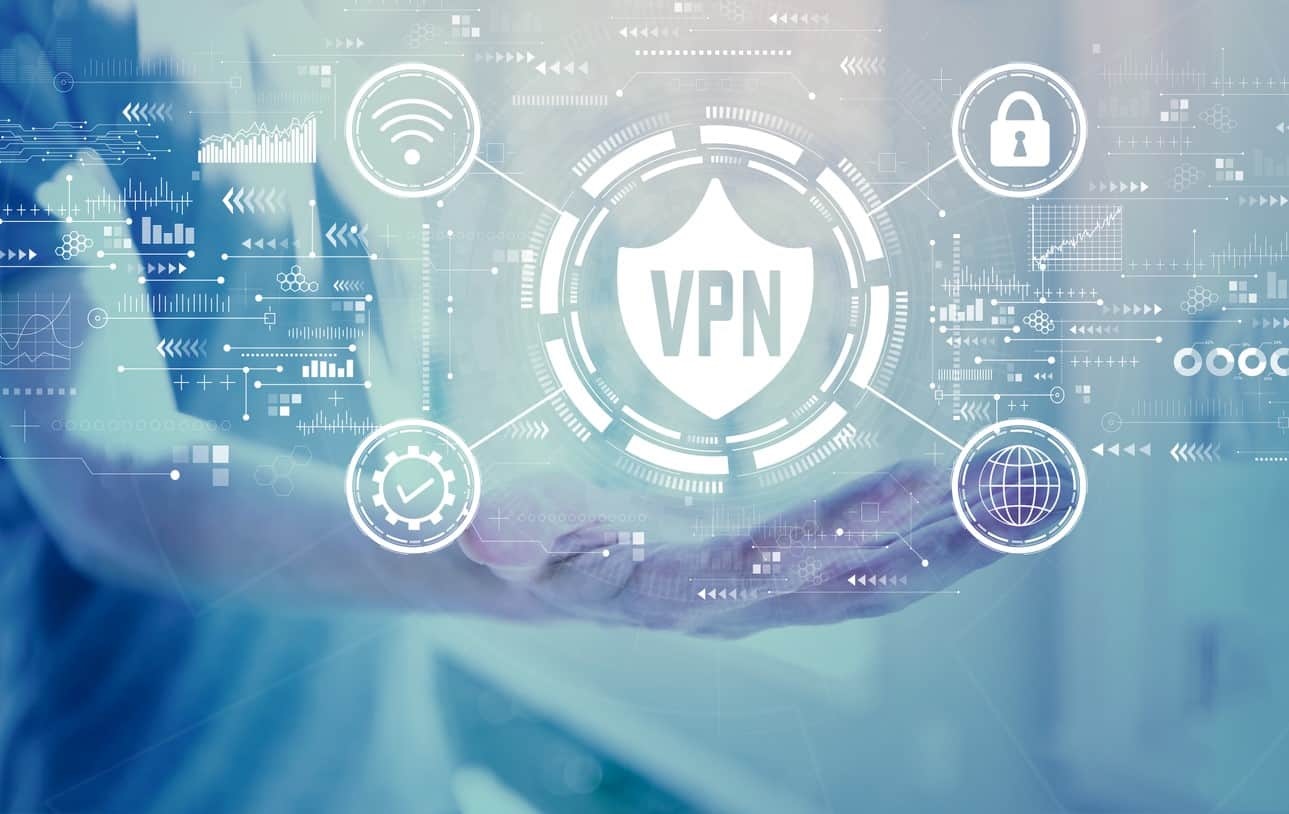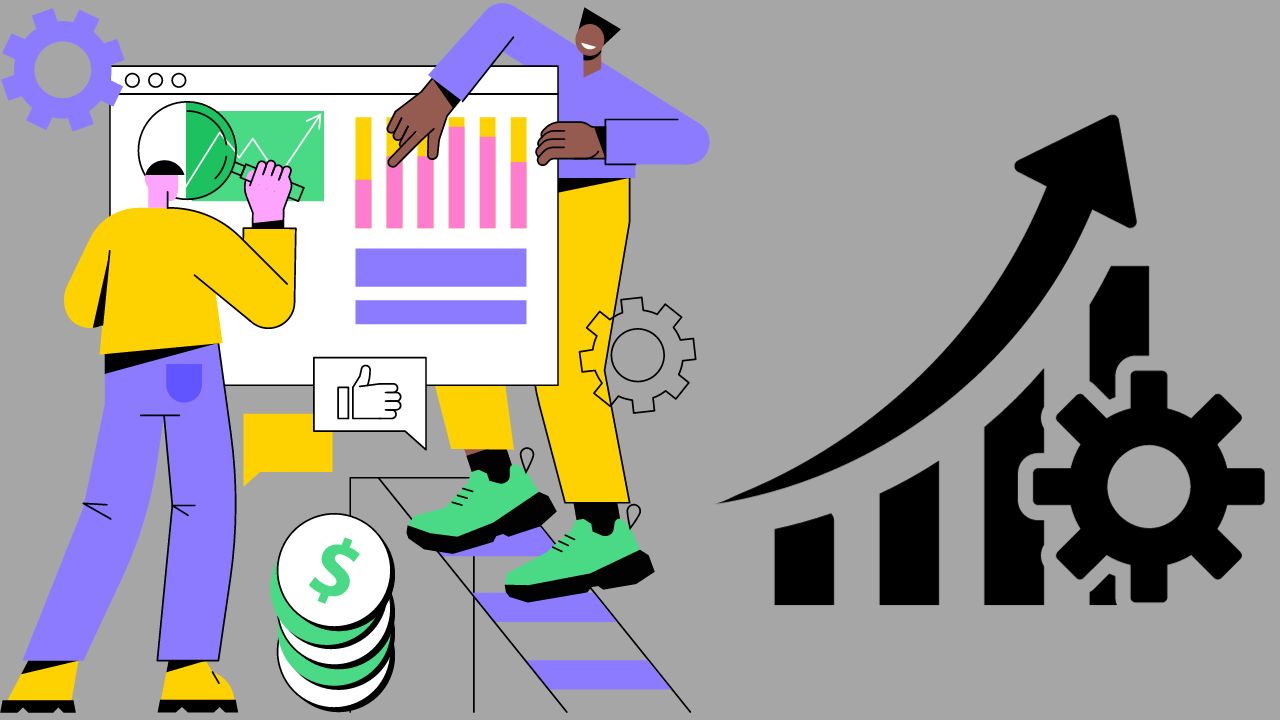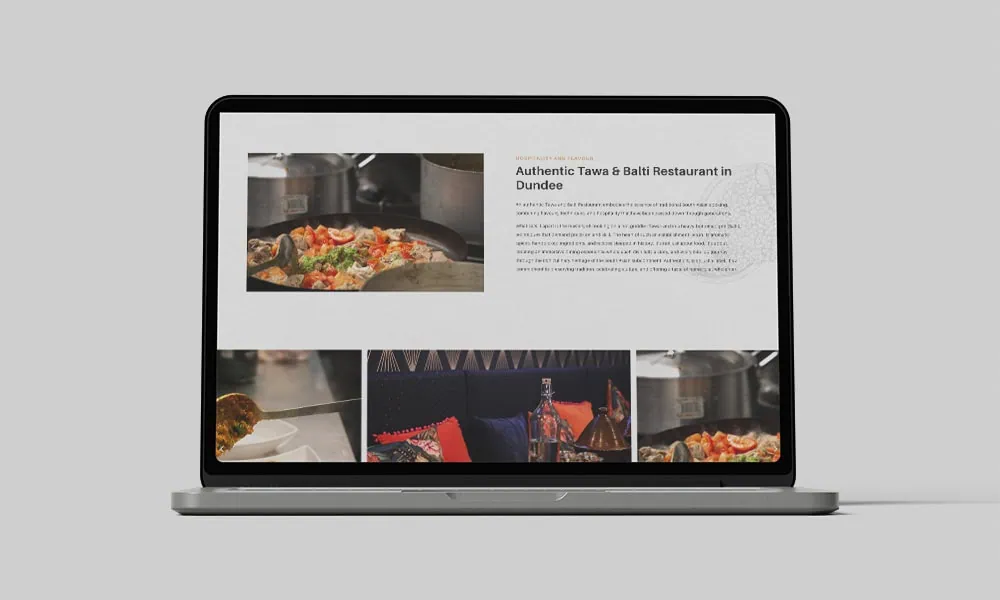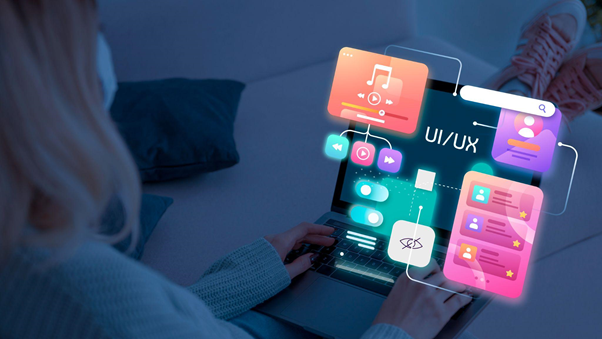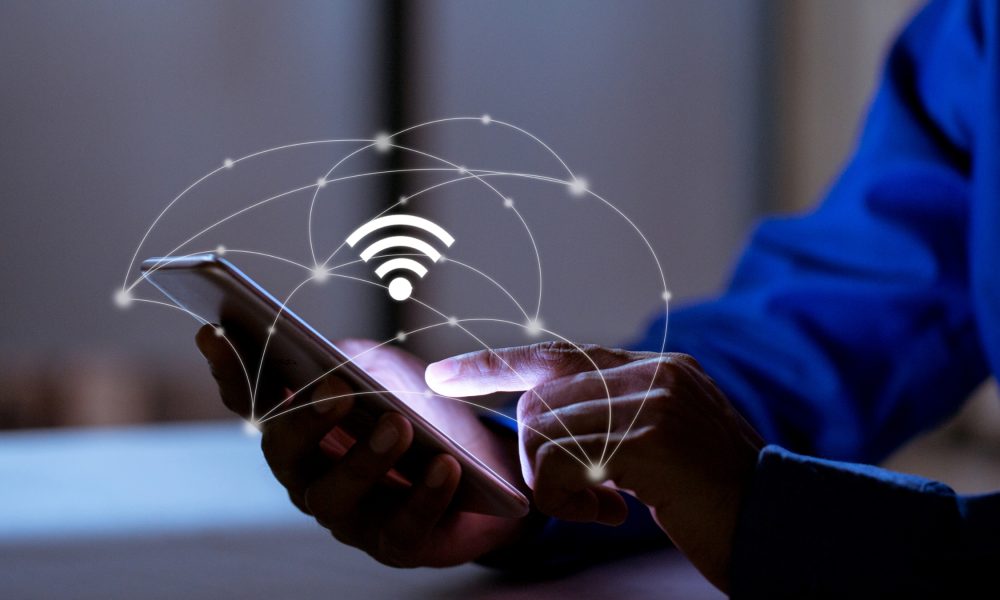There is a lot of false information out there regarding virtual private networks, their functions, and the security advantages they provide.
How does a VPN protect me, and what is it?
Installing a VPN programme on your smartphone can help safeguard your private information as you surf the internet. You may have heard that VPN applications let you safely connect to the internet while they are live on your smartphone. That means that when you activate your VPN software, your device establishes a secure connection with a VPN server a specialised computer used to transport internet traffic. You might have also heard that your connection is “wrapped in an encrypted tunnel,” which indicates that a secure connection is shared between your device and the server, allowing only you to see what you do online.
Learn how to verify disposable email addresses
Will my IP address is changed using a VPN?
An IP address is a special collection of digits allocated to each internet connection, including your cable modem. This address is associated with data about your location, ISP, and other details. With the use of a VPN, you may appear to have connected to the internet from a different location the actual location of the VPN server by replacing your real IP address. This is only one of the numerous reasons why VPNs are so popular. When you wish to safeguard your search history or conceal from ad trackers, this might be helpful.
How to alter my IP address using a VPN
All you have to do to modify your IP address is launch your VPN software, choose the server you want to connect to, and that’s it. Your IP address has changed while you were browsing. Open a browser and get your IP address, then select one of the responses to confirm that your IP has changed.
What situations call for VPN use?
The purpose of a VPN determines when it should be used. For instance, 39% of users are aware that public WiFi is risky, but they nonetheless use it for private activities like banking and shopping. For this reason, utilising a VPN at an airport or café is an excellent use case. As previously stated, many people use virtual private networks (VPNs) for privacy-related purposes, such as preventing tracking by advertising. You may surprise your spouse with a vacation you’ve researched and arranged on a computer you both use, since searches you do and websites you visit won’t be traceable. If you and your spouse are inundated with advertisements for airline tickets, it might ruin everything.
Is my identity protected by a VPN?
By preventing online trackers from tracking you throughout the internet, a VPN may help you secure your identity. Trackers will believe that all of your surfing is originating from a different device in a different region if your VPN is enabled. Because people mistake you for someone else, this throws off the image that advertising are trying to create. A VPN can also shield your identity by stopping various forms of hacking. One way VPNs may be useful is in thwarting assaults on public WiFi networks, when malicious actors attempt to place themselves between you and the website you are accessing.

